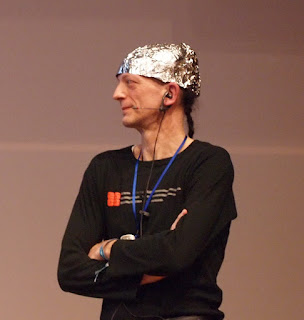Vaccine News: J&J, Astra Zeneca, Curing Long Haul Symptoms
The Astra Zeneca and Johnson & Johnson (J&J) vaccines are facing challenges. This is a bit of a setback because both have much easier storage requirements (normal refrigeration rather than cold storage) and long shelf-life. J&J, in addition, requires only one jab, making it ideal for populations where reliably scheduling a second dose is difficult (for example remote or homeless people).
Johnson & Johnson
J&J has received emergency use authorization in the U.S. However, there are questions about whether it is as good as the Moderna and Pfizer/BioNTech vaccines. The Mayor of Detroit rejected an allocation because "Moderna and Pfizer are the best and I’m going to do everything I can to make sure residents of the city of Detroit get the best."
He is referring to a lower efficacy of 67% in preventing moderate to severe COVID-19 in clinical trials, compared to the mid-90% efficacy of the other vaccines. But public health officials call that an apples-to-oranges comparison. Here is an excellent seven-minute video from Vox explaining why.
There is also a mystery surrounding the J&J vaccine. About 4.3 million doses have been distributed, but only 2.3 million have been administered. This is in contrast to the Moderna and Pfizer vaccines which are consumed as soon as they're distributed.
Nobody really knows why. One theory is that states are keeping the easier-to-store product to gather enough for a campaign in hard-to-serve communities.
Astra Zeneca
The Astra Zeneca vaccine has had its share of bad publicity lately, with questions about whether it might cause blood clots, as claimed by Norwegian physicians. The WHO and other European regulators have dismissed this claim.
A just-released U.S. trial found no evidence of blood clots as well as a high efficacy rate. A commentator I heard on NPR yesterday said, however, that it's possible that if blood clotting were a rare side effect the U.S. trial might not have been big enough to detect any cases of it.
As far as efficacy, there is a controversy this morning. Regulators are questioning whether Astra Zeneca's results are based on incomplete data. The company is promising to share additional data within 48 hours.
Vaccine Help for Long Haulers?
A couple of months ago I posted about the problem of COVID-19 victims who never quite recover from an infection. Recently there have emerged reports that these so-called "long haulers" are feeling better after being vaccinated.
One woman who experienced muscle pains, insomnia, fatigue, and brain fog for eight months after being infected had her symptoms vanish a day and a half after getting her second jab.
Scientists say there is no good explanation for why this might occur, and it could be the result of a placebo effect. I know one person who has had difficulty breathing since her bout with COVID-19, and sadly being fully vaccinated hasn't helped her.
Header image by torstensimon from Pixabay



